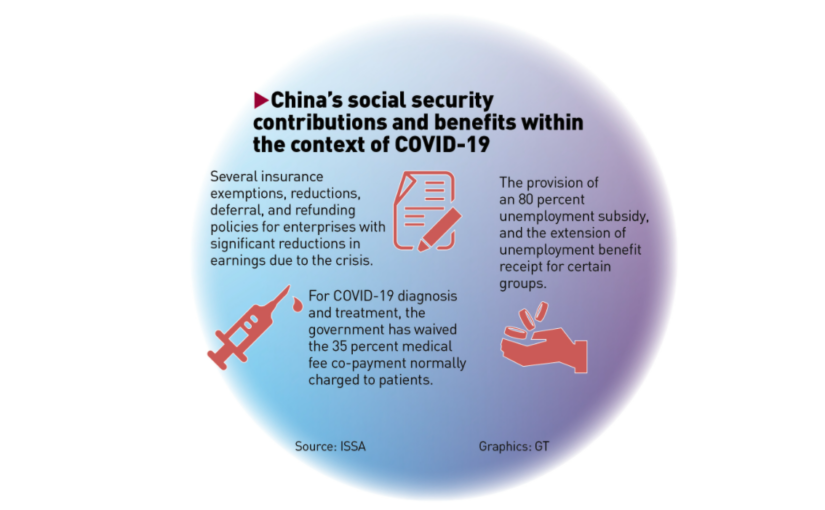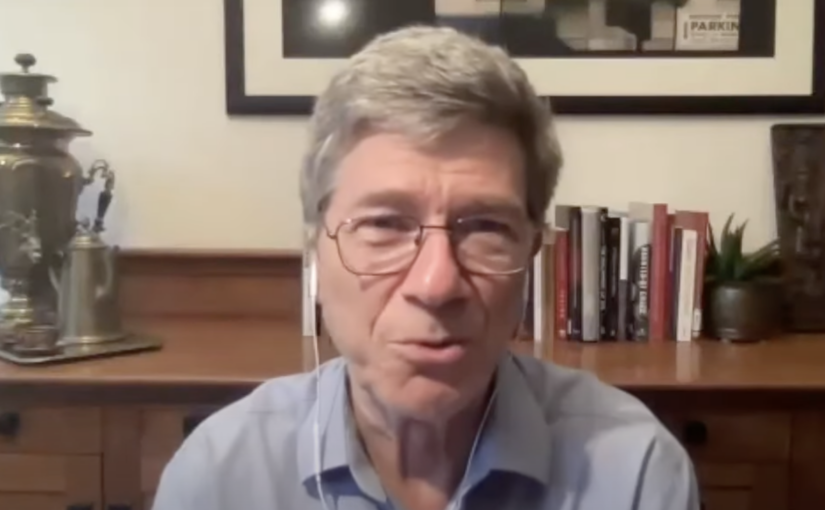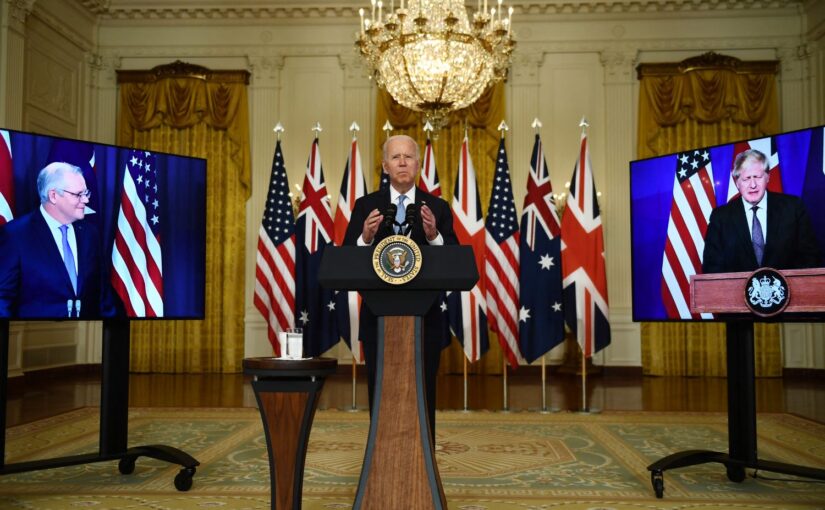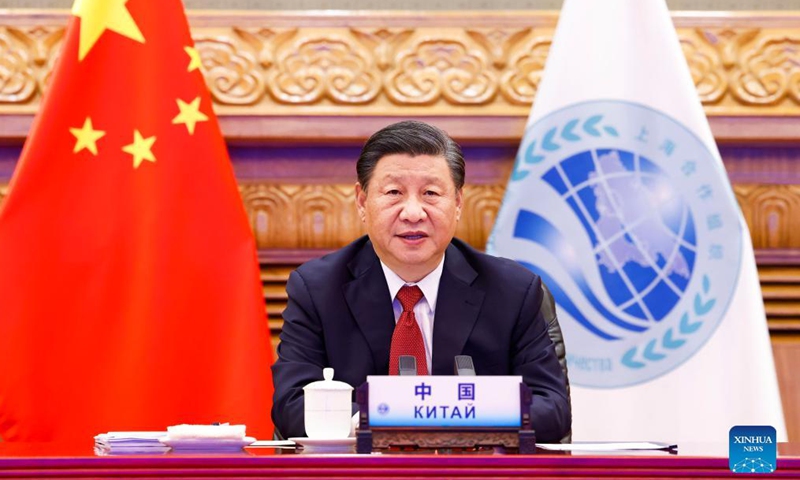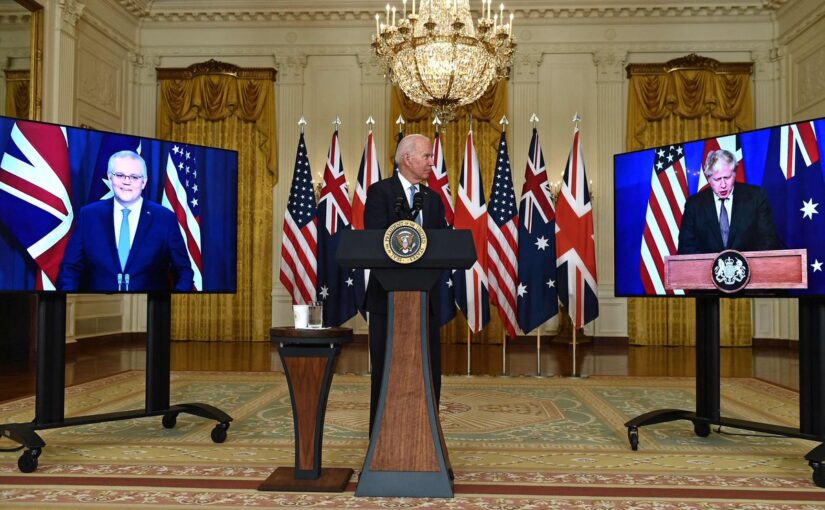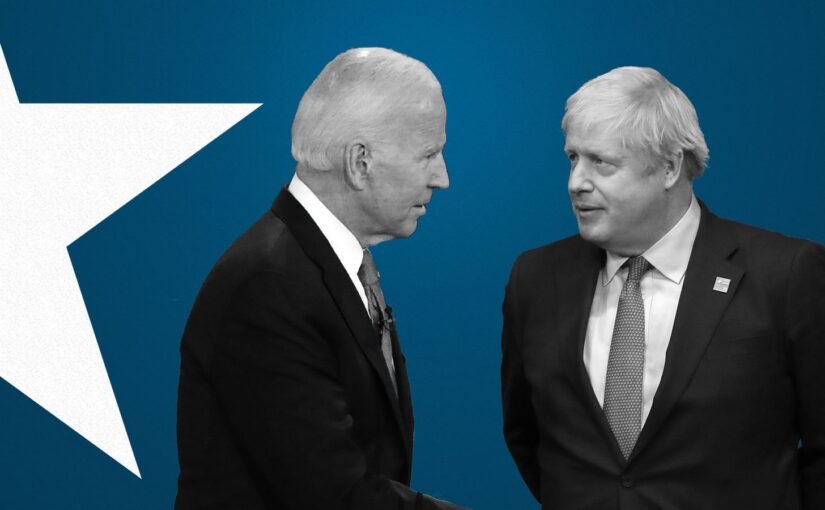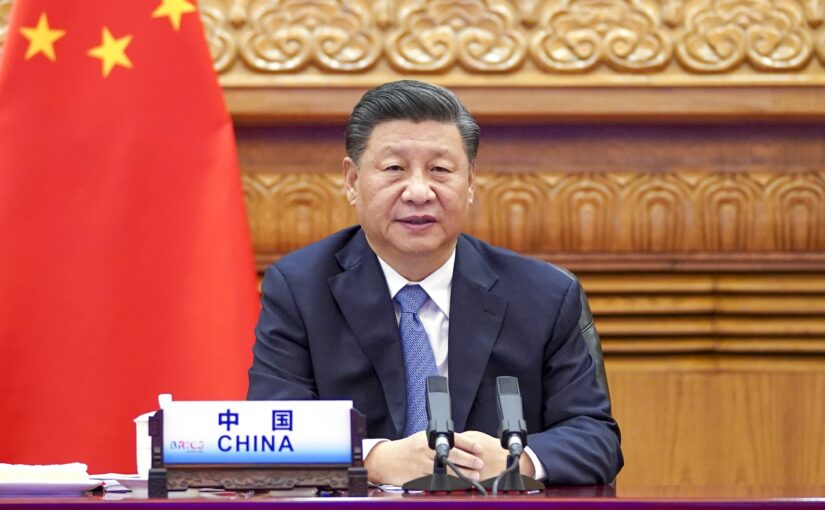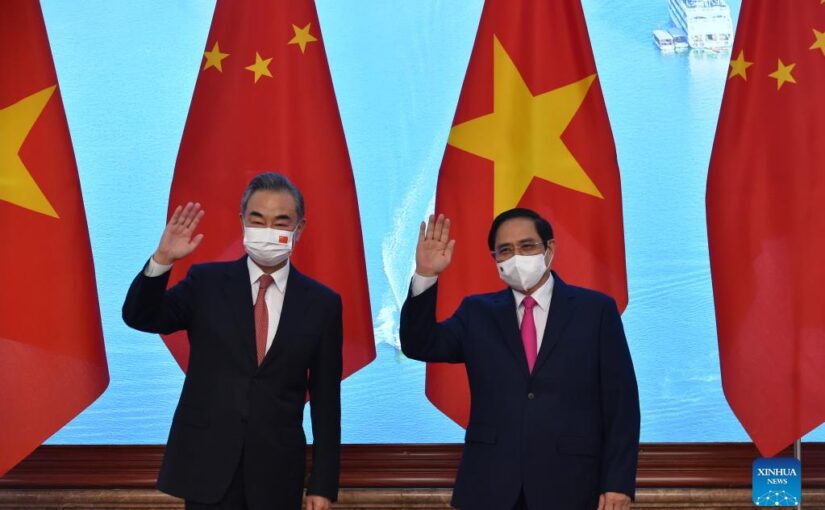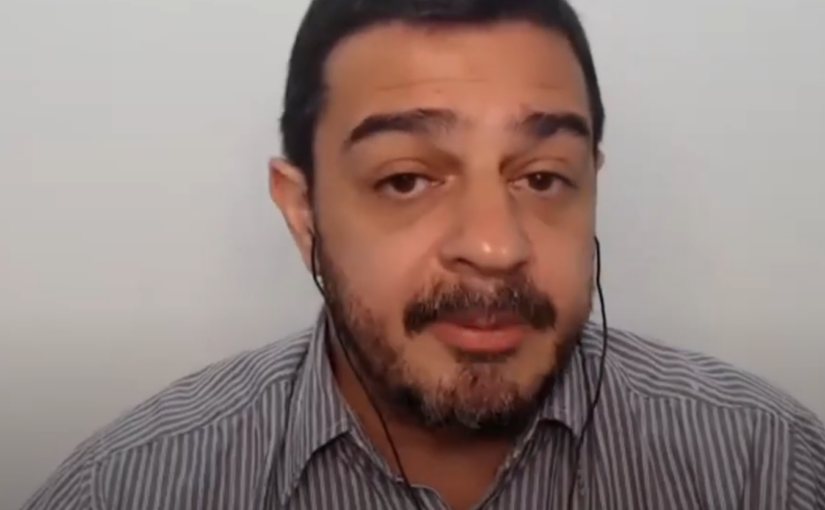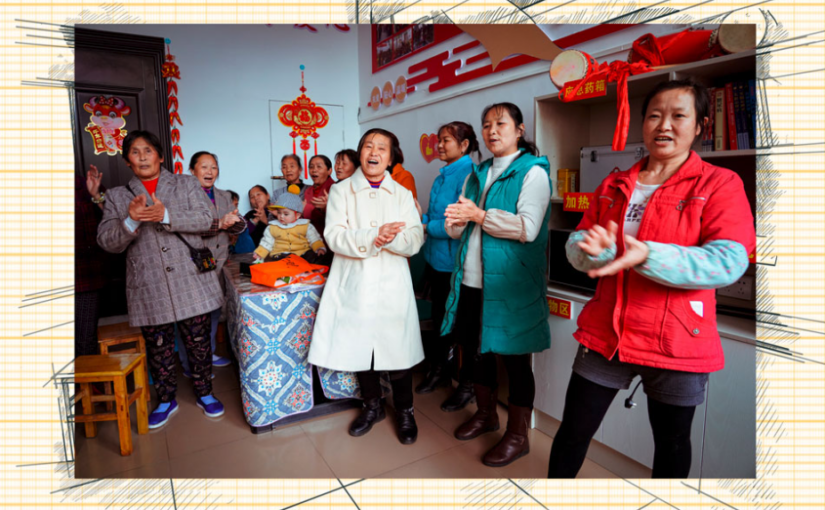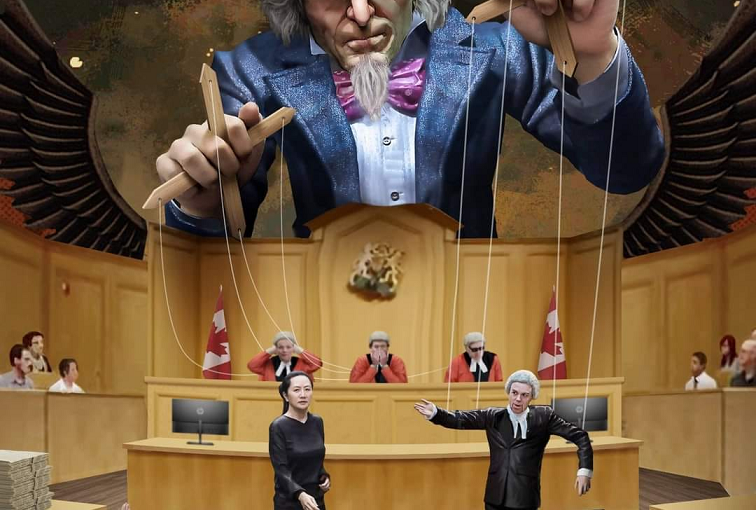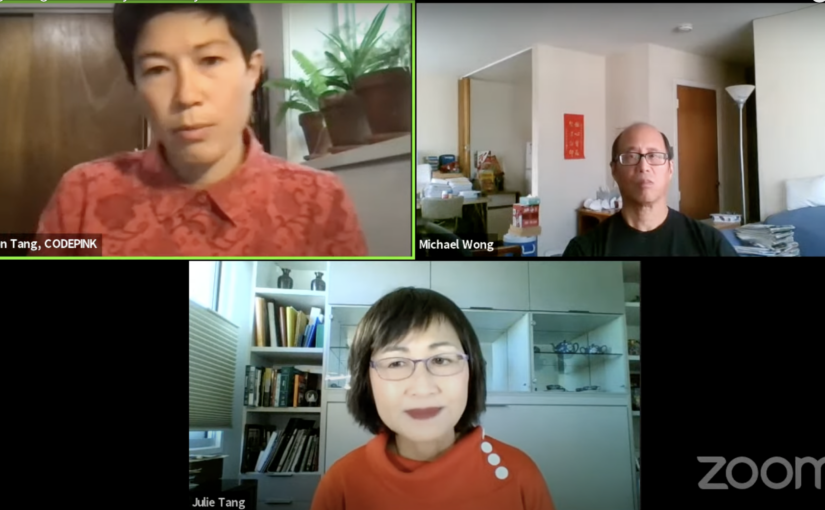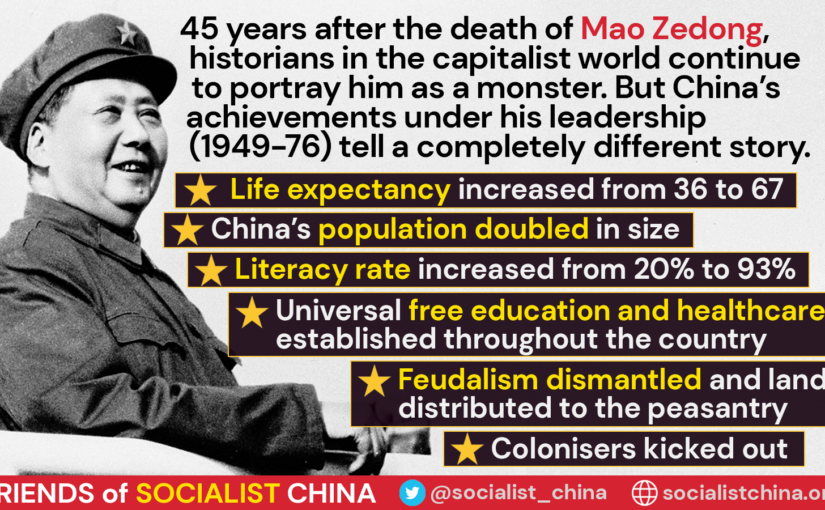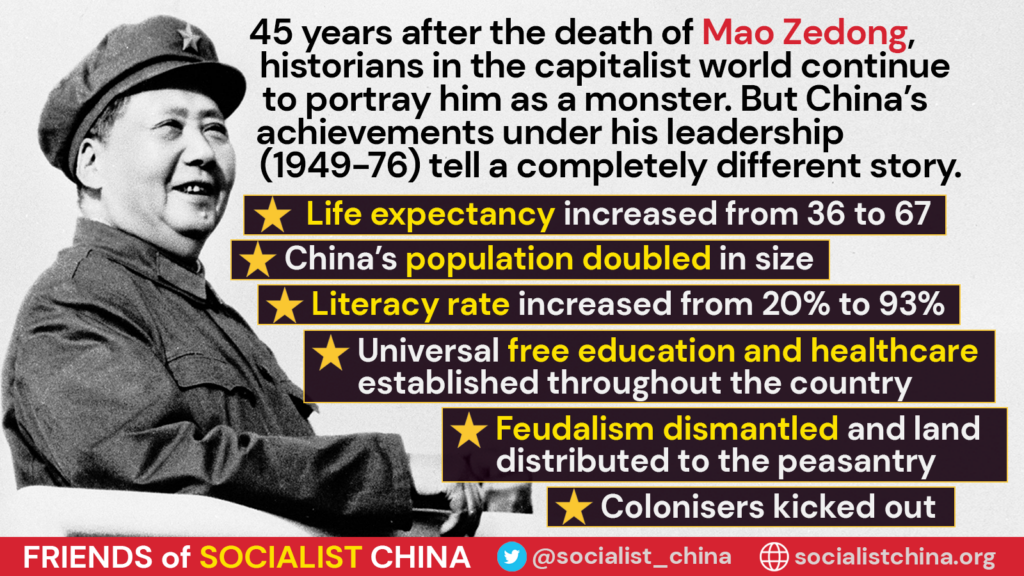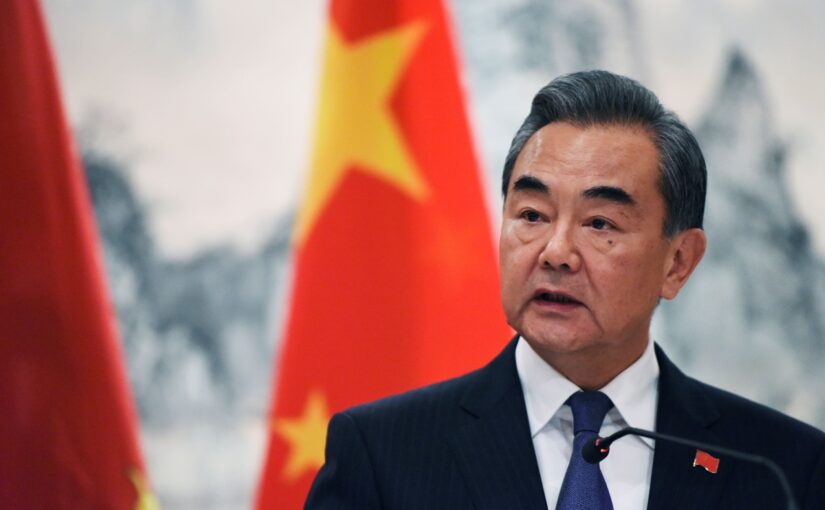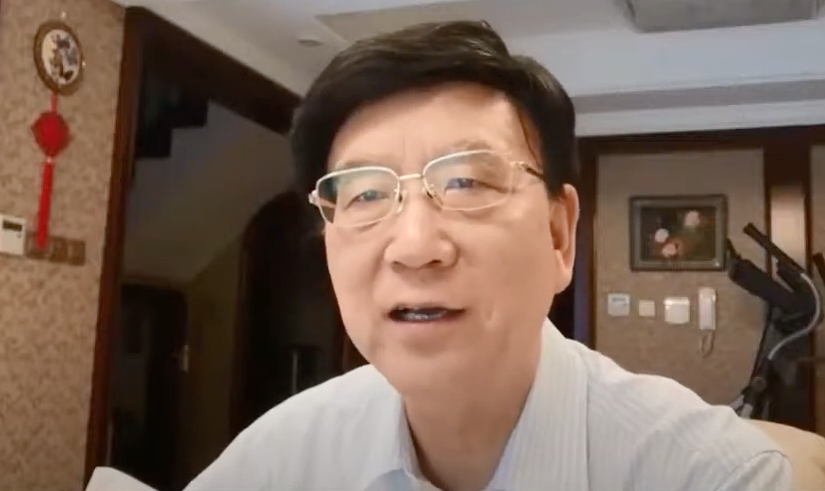This article from Global Times provides a very useful insight into China’s social welfare system – how it has expanded rapidly and how it has been able to meet people’s needs during the pandemic. This is particularly relevant to readers in Western countries in which the pandemic has driven a precipitous increase in poverty and inequality.
As the COVID-19 epidemic outbreak swept over China in 2020, the family of Fu Ping’an, a household of three in a village in Southwest China, was facing a much more severe challenge than others during the nationwide home-quarantine period.
“We did not know how long the virus would stay, nor how could we support this family during the outbreak since none of us has the ability to work,” said 42-year-old Fu, who has been suffering ankylosing spondylitis for 21 years that, in his words, makes him “move like a robot.”
Continue reading China’s strong social safety net key to preserving national resilience amid pandemic